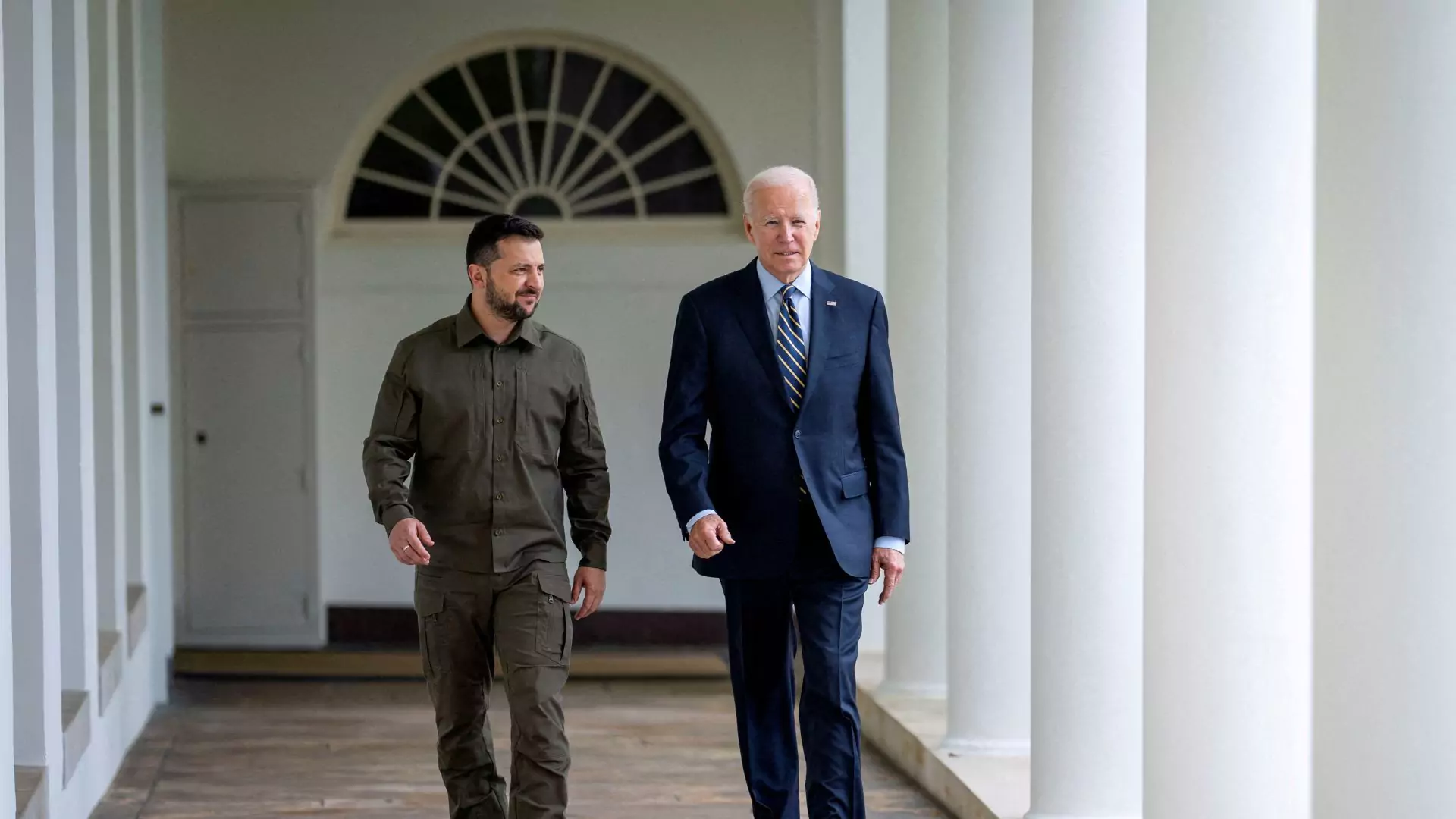On Wednesday, the United States took significant action against Russia by imposing sanctions on nearly 400 entities and individuals across more than a dozen countries. This effort, spearheaded by the U.S. Treasury and State Departments, is part of a broader strategy to counteract evasion tactics related to sanctions initially imposed following Russia’s invasion of Ukraine.
According to statements from the Treasury and State Departments, this latest round of sanctions represents the most robust effort to date aimed at thwarting third-party evasion. A State Department official indicated that the sanctions targeted dozens of companies from China, Hong Kong, and India—the largest collective action against these nations to date.
Global Scope of Sanctions
In addition to companies in Asia, the sanctions affected entities in Russia, the United Arab Emirates, Turkey, Thailand, Malaysia, Switzerland, and several other locations. The actions are a direct response to ongoing attempts by Russia to circumvent the economic restrictions that have been placed on it since the onset of the war in Ukraine, a conflict that has caused widespread destruction and significant loss of life.
“This should send a serious message to both the governments and the private sectors of these countries that the U.S. government is committed to countering the evasion of our sanctions against Russia and to continue putting pressure on Russia to end its war in Ukraine,” the official stated, speaking on condition of anonymity.
Breakdown of Sanctioned Entities
The U.S. Treasury Department alone sanctioned 274 targets, while the State Department designated over 120 entities. Additionally, the Commerce Department added 40 companies and research institutions to a trade restriction list, citing their alleged support of the Russian military.
Deputy Treasury Secretary Wally Adeyemo emphasized the commitment to halting the flow of critical tools and technologies necessary for Russia’s military operations. “The United States and our allies will continue to take decisive action across the globe to stop the flow of critical tools and technologies that Russia needs to wage its illegal and immoral war against Ukraine,” he stated.
Reactions from China and Other Nations
In response to the sanctions, a spokesperson for China’s Washington embassy, Liu Pengyu, criticized the U.S. actions as “illegal and unjustifiable unilateral sanctions.” He argued that the U.S. is making false accusations against China regarding its normal trade with Russia while simultaneously providing military aid to Ukraine. “This is typical double standard, and extremely hypocritical and irresponsible,” Liu asserted.
The embassies of Russia and India in Washington have not yet commented on the latest sanctions, and Turkey’s government has also remained silent.
Rising Concerns Over High-Priority Items
The U.S. has consistently warned against the supply of Common High Priority Items—advanced components, including microelectronics, that the U.S. and European Union believe are likely to be utilized in Russia’s military efforts in Ukraine. A State Department official highlighted an alarming trend, indicating that exports of such goods from India to Russia have increased, prompting discussions about potential actions against companies involved in these transactions.
A senior administration official remarked, “With India, we have been very direct and blunt with them about the concerns we have about what we see as sort of emerging trends in that country that we want to stop before they get too far down the road.”
Among the companies identified in this round of sanctions is Futrevo, an India-based firm accused of supplying high-priority items to the manufacturer of Orlan drones in Russia. Additionally, Shreya Life Sciences Private Limited was targeted for allegedly sending hundreds of shipments of U.S.-trademarked technology to Russia, amounting to tens of millions of dollars since 2023.
China’s Dominance in Supplies
A second senior State Department official disclosed that more than 70% of the high-priority goods reaching Russia have originated from China, totaling over $22 billion since the conflict began. This figure far exceeds the contributions from other countries, with Turkey being the next largest supplier.
The U.S. government also focused on companies in Hong Kong and China that are implicated in facilitating the shipment of high-priority items to Russian enterprises.
Impact on Russian Projects
The U.S. has also imposed sanctions on entities supporting Russia’s Arctic LNG 2 project, which is primarily owned by Novatek, Russia’s largest natural gas producer. The project has faced significant setbacks due to previous rounds of U.S. sanctions, which have forced a reevaluation of its projected output.
While the U.S. has the authority to impose penalties on financial institutions aiding Russia in evading sanctions, it refrained from utilizing an executive order signed by President Joe Biden last year. A senior official noted that the banking sector has begun to take notice of this authority and is moving toward compliance with U.S. regulations.
ALSO READ: What Did Beatrice Keul Experience With Donald Trump In 1993? Groping Allegation Unveiled!




